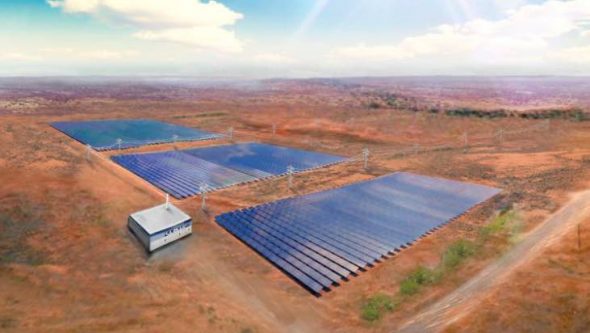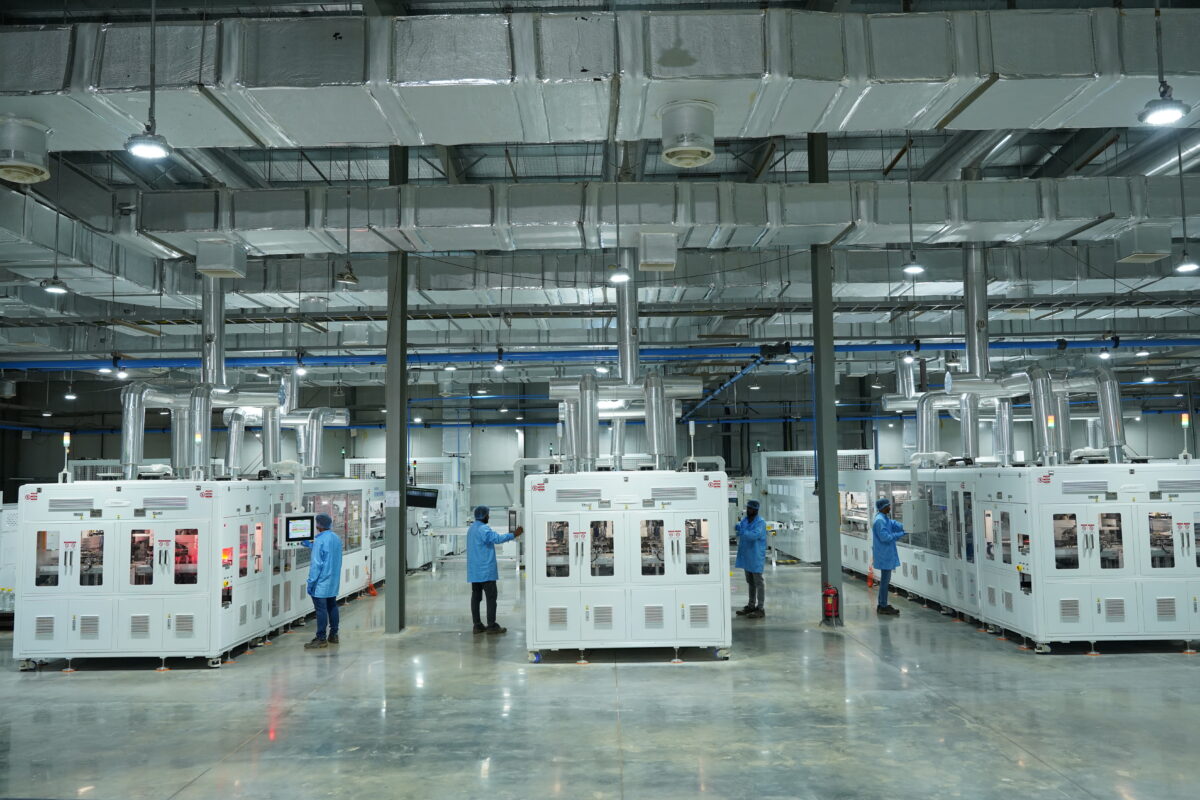Mahindra Susten, one of India’s most significant EPC players, has won the auction for a 20 MW solar project integrated with 28 MWh of battery storage capacity in Andaman & Nicobar Islands.
NLC India Limited, a government of India-owned coal mining company, conducted the auction and it is the first utility-scale storage project in India to confirm results.
Mahindra sealed the deal with a bid of INR 2.99 billion ($46 million). The company will provide complete EPC and O&M services for 25 years.
Prior to the auction, the aggregate capacity of 35 MWh storage tenders were scrapped due to undisclosed reasons. NTPC was the latest to reject the 27.2 MWh tenders for the Andaman Islands.
Andaman & Nicobar Islands have a population of 400,000 and peak power demand of 67 MW, where diesel gensets mainly cover the power supply.
Therefore, replacing them with integrated solar+storage plants is highly desirable from an economic and environmental perspective. Moreover, the high cost of storage is not a discouraging factor because of the very high cost of diesel-fired power of about INR 15/ kWh (USD 0.23), Bridge to India said.
NLC specified strict technical requirements with performance warranties and associated penalties for the full 25-year duration of the contract. Despite that, all of the big players willingly responded to the terms of the auction.
During the auction, there was a considerable variation in prices, particularly for the EPC component – ranging from INR 1.79 billion ($28 million) for Mahindra Susten to INR 3.42 billion ($53 million) for Hero – suggesting an inconsistent understanding of the technical specification. Such issues were also witnessed in earlier SECI tenders, where bidders were struggling to interpret technical requirements.
According to Bridge to India, such tenders are crucial to storage’s progress, which remains slow in India.
The underlying problem is a mix of high-cost sensitivity and lack of awareness about the technical potential of storage. Moreover, DISCOMs believe that they can use a mix of power cuts and curtailment to balance power demand and supply rather than committing to the use of expensive storage solutions.
Overall, the consultancy company thinks that storage requires an additional 3-4 years of techno-commercial advancements before finding the scale required in India.
This content is protected by copyright and may not be reused. If you want to cooperate with us and would like to reuse some of our content, please contact: editors@pv-magazine.com.








By submitting this form you agree to pv magazine using your data for the purposes of publishing your comment.
Your personal data will only be disclosed or otherwise transmitted to third parties for the purposes of spam filtering or if this is necessary for technical maintenance of the website. Any other transfer to third parties will not take place unless this is justified on the basis of applicable data protection regulations or if pv magazine is legally obliged to do so.
You may revoke this consent at any time with effect for the future, in which case your personal data will be deleted immediately. Otherwise, your data will be deleted if pv magazine has processed your request or the purpose of data storage is fulfilled.
Further information on data privacy can be found in our Data Protection Policy.